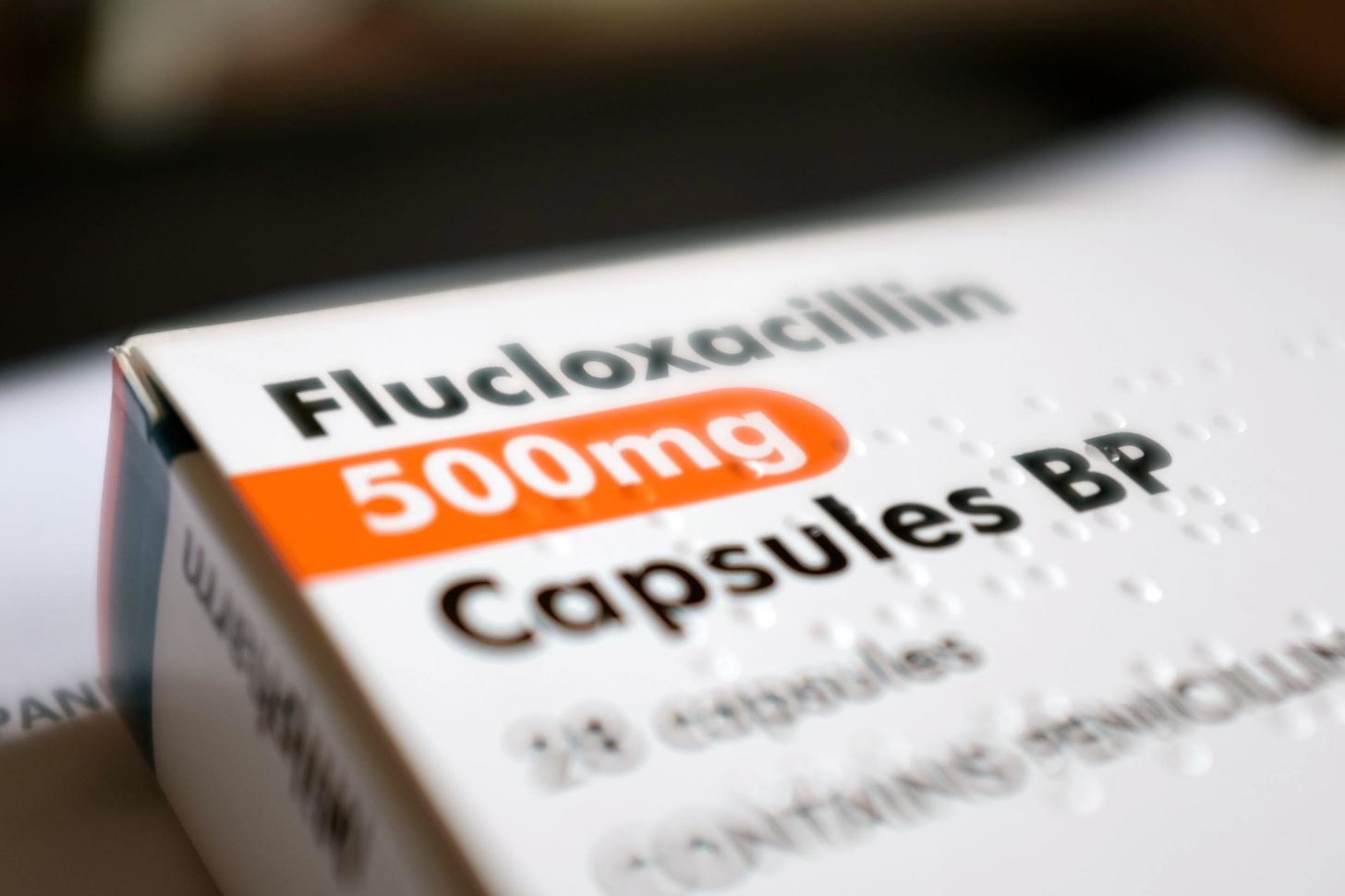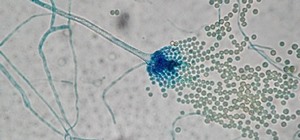After years of telling patients to finish any prescribed course of antibiotics completely, a group of researchers in the UK say it is no longer necessary, and could even be harmful if we want to preserve the antibiotics we can still use.
You read correctly, in an analysis published in the journal BMJ, scientists in the UK state, "the antibiotic course has had its day."
The study team is not suggesting the irresponsible use of antibiotics, but instead, a closer examination of the period that patients are instructed to take the drugs. It boils down to a pretty straightforward argument — taking antibiotics for longer than needed kills good bacteria and gives dangerous bacteria more time to shake off the dust and get ugly. But there is more to it.
In September 1940, a police constable in Oxford, England, named Albert Alexander, famously became the first patient to be treated with injections of the antibiotic penicillin. Alexander, at 48-years of age, had been working in his rose garden when he nicked his face on some shrubbery. While it sounds minor now, in those days people commonly died from infections, and indeed, Alexander eventually did too.
Within days, the small wound became infected with staphylococci and streptococci and spread to form abscesses in Alexander's lungs, shoulder, eye, and scalp. Notified of the dire condition of the patient, researchers working to purify penicillin, discovered in 1928 by Alexander Fleming, gave him five injections of the new drug, which caused distinct improvement in Alexander's condition. Unfortunately — the small amount of penicillin available allowed the researchers to treat Alexander for only five days. The doctors collected and recycled residual penicillin from the patient's urine. After a near recovery, with no more penicillin at hand, Alexander lapsed into sepsis and died.
The case of Alexander, and indeed, from Fleming's warning, "If you use penicillin, use enough!" may have been the signal events that drove medical science toward the regimented "course" of antibiotic treatment.
These days, just about everyone has been drilled to understand that they need to take their antibiotics for the recommended amount of time. Doctors say this is because taking fewer antibiotics might leave small amounts of bacteria that can restart infection, leading to troubles like those faced by Alexander, and to the development of resistant bacteria that escaped the drug the first time around. Fear of under treatment, these authors suggest, is leading to over treatment.
Researchers now understand no course of routine antibiotics kills all harmful bacteria. In fact, many antibiotics no longer kill the bacteria they were meant to target. This understanding, along with growing knowledge of the importance of a healthy microbiome, is sending the conversation about antibiotic treatment into a different direction.
If Not a 'Course of Antibiotics,' Then What?
In our age, these researchers point out that antibiotics should be considered a valuable asset — "a finite natural resource that should be conserved." Here are a couple of points from the analysis:
- When you take an antibiotic for any reason, species of bacteria sensitive to those drugs die, and are replaced by resistant bacteria. It happens with each course of antibiotics prescribed anywhere on the planet.
- The longer a patient takes an antibiotic, the more that vulnerable bacteria die, and resistant bacteria strains step up, or as the authors write, "the greater the pressure to select for antibiotic resistance."
- The genes that create antibiotic resistance can be easily swapped between bacteria in a process called "horizontal gene transfer."
- The "course," or duration of time you are directed to take an antibiotic is set by a fear of under treatment — with less concern for overuse. This analysis indicates, for the most part, "studies to identify the minimum effective treatment duration simply have not been performed." In other words, we don't know how much is enough, but we do know that too much antibiotic use is driving the development of multi-drug resistant pathogens. Most people are prescribed anti-bug drugs for between one and 14 days, end of story.
- Study authors note "the key argument for changing how we discuss antibiotic courses with patients is that shorter treatment is clearly better for individual patients." This compelling statement is saying shorter treatment times could reduce your risk of developing a resistant infection, and the blow of antibiotics to your overall health. The writers refer to experimental data that shorter treatment times with antibiotics are equivalent, or better, in terms of clinical outcome than longer "courses" of antibiotics.

For many healthcare providers and their patients, there are concerns over dramatically shortening treatment times with antibiotics. The authors point out it's hard to design trials for "antibiotic sparing treatment," when there is no noticeable outcome for a patient who consents. They cannot see, or feel, that they are giving their microbiome a break, but they can and do fear a lack of appropriate treatment for their infection.
Without real studies to backup shorter treatment times, these scientists suggest, instead, that we need to move past the familiar message that not using enough antibiotics will hurt us. They write "there is evidence that, in many situations, stopping antibiotics sooner is a safe and effective way to reduce antibiotic overuse." While it is easier in a hospital setting to observe when a patient may be able to come off antibiotics, 85% of antibiotic prescriptions are written by primary care physicians, often at the request of a patient.
This analysis starts a new conversation about how antibiotics might be overused. Just a warning here: This does not mean you should not take all the antibiotics prescribed by your physician, as they prescribed them. By halting the "stay the course" messaging, and conducting high-quality research to evaluate how much antibiotics are needed — we might be able to nudge the needle on antibiotic overuse.
Just updated your iPhone? You'll find new emoji, enhanced security, podcast transcripts, Apple Cash virtual numbers, and other useful features. There are even new additions hidden within Safari. Find out what's new and changed on your iPhone with the iOS 17.4 update.


























Be the First to Comment
Share Your Thoughts